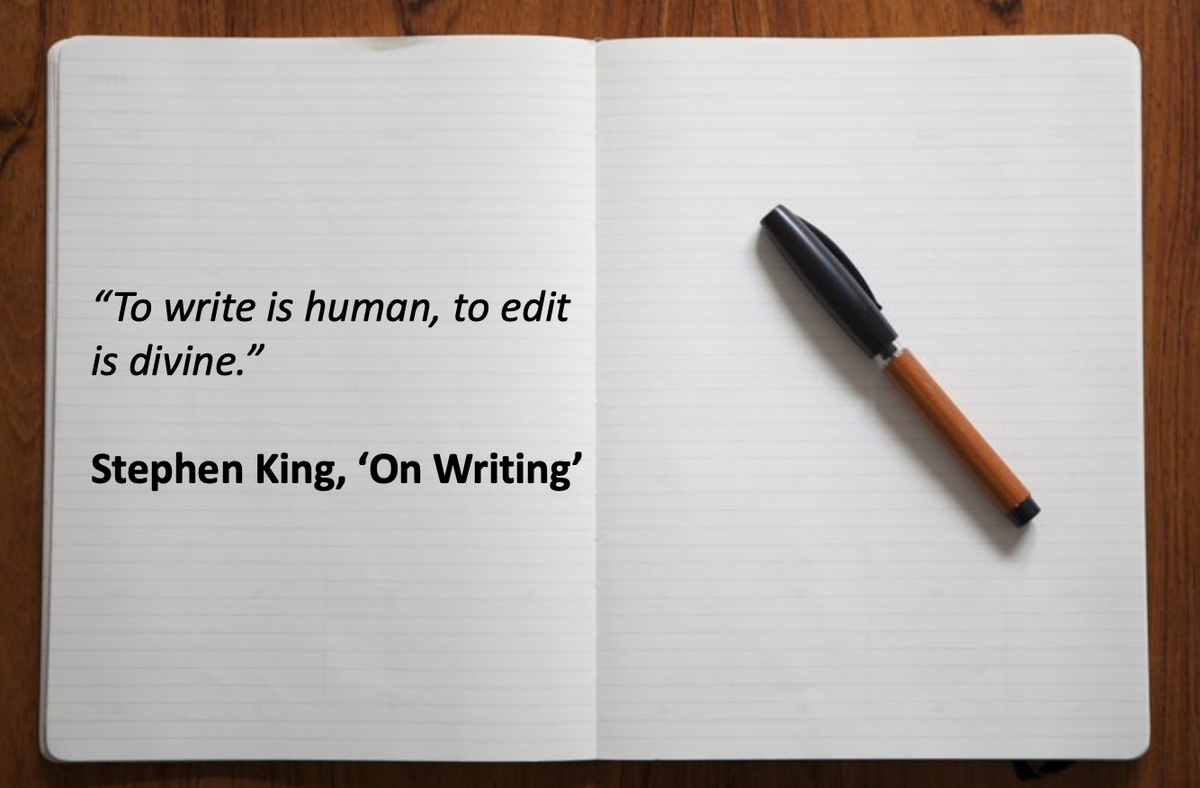
Where does 'growth mindset' go next?
Has ‘growth mindset’ been debunked? Will the million+ selling book quietly be removed from shelves, or will it reappear rebooted in teacher training in some other guise in future? I began writing about the promise and the problems with ‘growth mindset’ in 2014. It was a wildly popular topic that











